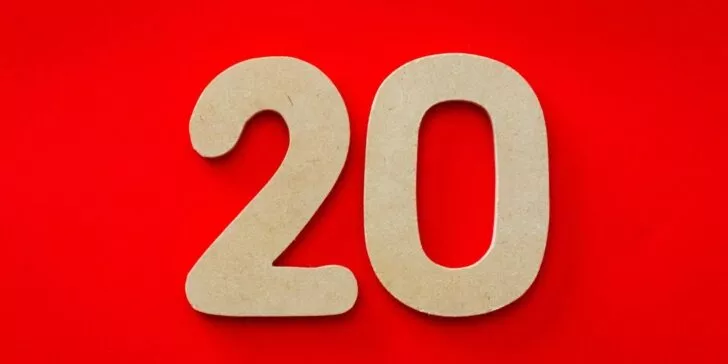Justin Aaberg, 15 years old, hung himself in his bedroom July 9.
Billy Lucas, 15, hung himself in his barn September 9.
Seth Walsh, 13, hung himself in his backyard September 19.
Tyler Clementi, 18, jumped off the George Washington Bridge September 22.
Asher Brown, 13, shot himself in his parents’ closet September 23.
Raymond Chase, 19, hung himself in his dorm room September 29.
This is horrible. This is ghastly. This is bullshit.
We apparently now live in a world where gay teenagers hear about how other kids are killing themselves and instead of being shocked, are being inspired. We live in a world where 97% of kids are bullied online. We live in a world where kids toss around hate speech like “that’s so gay” and “fag” at their lockers and on the bus and at the dinner table. And we live in a world where I know damn well that many of you rolled your eyes just now and thought, “Hate speech, seriously? That’s some melodramatic liberal overreacting.” (I suspect people did some eye rolling half a century ago when they got told they shouldn’t use the “n” word.) And this is the world that these kids saw before them. Small wonder it looked overwhelming.
You know, it sucks for a while, being a teenager. Your brain just isn’t done yet, and the world feels like it’s throwing you an awful lot. I was depressed for a couple of years straight, and on and off thereafter, and I was dealing with plenty, but I wasn’t being bullied. I don’t want to imagine what it’s like to try to keep going while you’re being told that what you are is repellant, abnormal, a punchline, an abomination. I certainly don’t want to imagine what it’s like to know that’s what your child went through.
(And, while I’m here, whatever your version of God says about being gay, you can’t tell me that it’s more wrong than it is to make a kid feel like they need to kill themselves.)
The Trevor Project is amazing. Dan Savage’s It Gets Better Project is amazing. But why are they necessary? Sarah Silverman puts it succinctly.
You know that cliche, “if you’re not part of the solution, you’re part of the problem”? The way you act, the words you use, the way you comment – or don’t comment – on the actions and words around you: you’re choosing your side every day. Is what you’re doing helping kids feel like it’s okay for them to be alive, or isn’t it?


Comments are closed.